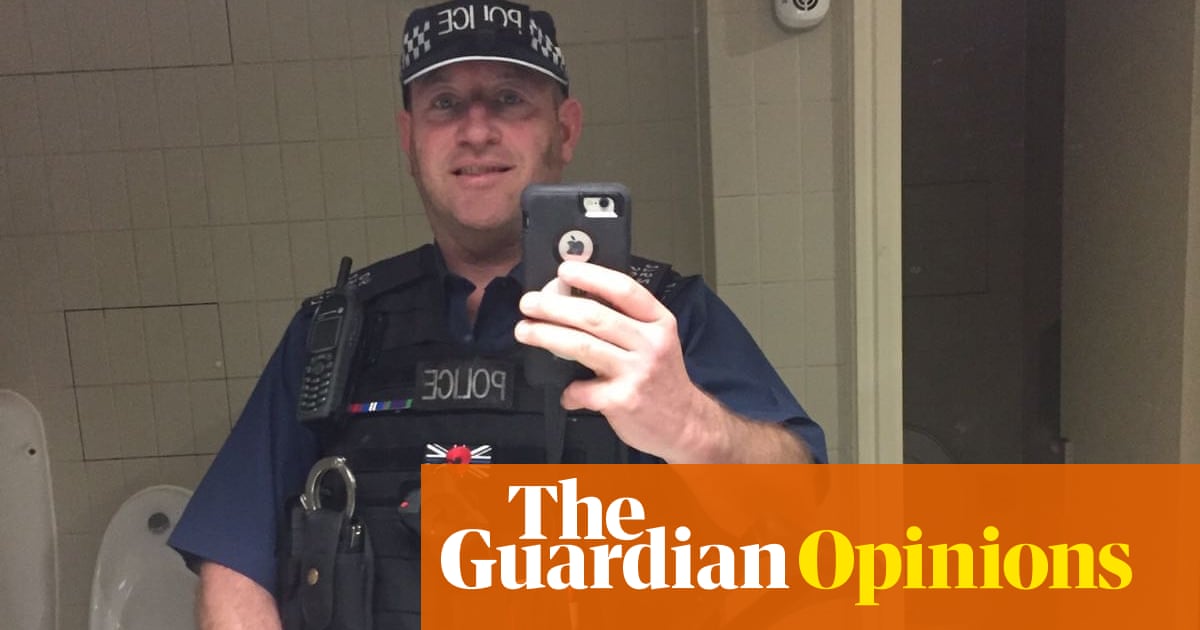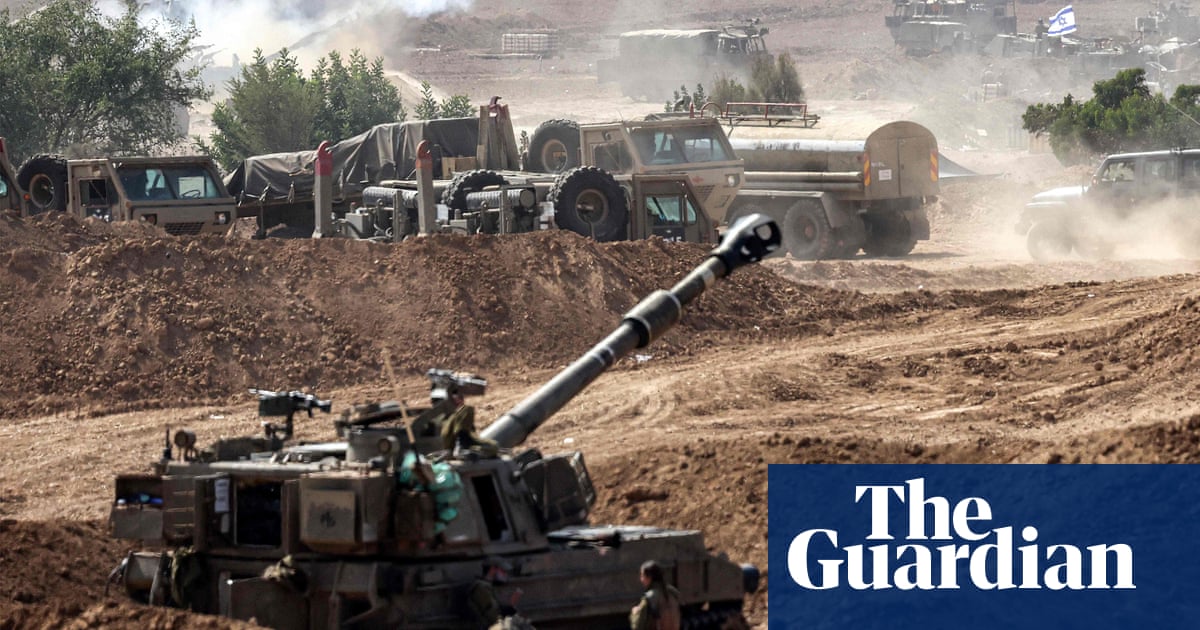
t’s 23 years since the signing of the Good Friday/Belfast agreement, which effectively brought the conflict in Northern Ireland to a halt but didn’t deliver on the promises of peace, prosperity and stability. It would be easy to attribute the recent violence in Belfast and elsewhere to Brexit, to the Northern Ireland protocol, to the perception of policing between the two communities among other things, but that would be a simplification of issues that run as deep as the Lagan river.
In 1998, when I was 10 years old, my generation was told that peace was within reach, that the new Northern Ireland assembly would finally allow the people of this place to govern themselves. The devolution of policing and justice arrived after a number of false starts, and for a while, all seemed calm – yet much of it was held together by naivety and hope. The conflict may have ended, but the fighting didn’t. The fight for jobs, education, mental health and addiction support, for housing and investment continued on and on, with the political establishment across these islands simply equating the absence of violence with success of the peace process.
Except there was no process – there was war and then there was peace – the transition between the two didn’t manifest as a benefit to working-class communities across Northern Ireland in any real or meaningful way. Paramilitaries still exist, deprivation is still rife, educational underachievement and health inequalities still pervade in the most economically inactive parts of the country.
Brexit and the Northern Ireland protocol are only a small part of a larger tapestry among loyalism and working-class unionists who now see themselves, whether rightly or wrongly, as being steamrollered by both their own political representatives and the British government. The anger about the trade agreement between the UK and the European Union, which established checks on goods between Great Britain and Northern Ireland, was palpable from the very early days of Theresa May’s draft withdrawal agreement, and that anger has only increased.
At different stages during the pandemic, lockdown restrictions have placed the Police Service of Northern Ireland at odds with republicans, loyalists and civil rights activists who have each been accused of breaking Covid-19 regulations for varying purposes.
The decision by the Public Prosecution Service not to pursue cases against a number of Sinn Féin officials in the aftermath of the Bobby Storey funeral in June 2020 has prompted the first minister, Arlene Foster, to call for the resignation of the PSNI chief constable, Simon Byrne. To say that mainstream unionism has effectively pulled the rug out from under the concept of policing by consent would be an understatement. That is an incredibly dangerous sentiment that has played out on the streets of Belfast over the past week.
Water cannon and rubber bullets being used once again on young people is reminiscent of a time that those young people don’t even remember. They were supposed to be the generation that inherited the peace, and instead they got secondhand trauma that hangs all around them in the murals, in the flags, in the memorials to the murdered and those who took life.
Working-class loyalists feel left behind and ignored. I am not here to debate the merits of that, or the so-called siege mentality of loyalism. However there is a deep-rooted anger there that has been both been ignored by mainstream unionism and used time and again by the DUP and the Ulster Unionist party for political machinations when it suited them. The fear of a united Ireland and what that will mean for unionism is amped up at election time, and tensions are stoked by both political unionism and “stakeholders” within loyalism, such as the Loyalist Communities Council. And for what? What has fundamentally changed, or got better for working-class loyalist communities in Northern Ireland? They deserve better than being lied to and led up the hill, then abandoned when violence erupts.
The scenes over recent nights at Lanark Way and on the interface between the New Lodge and Tiger’s Bay, dividing lines between the two communities in Belfast, have attracted the attention of the chattering classes around the UK: subsequently we’ve been delivered an all-you-can eat buffet of ill-informed opinions from commentators and politicians alike confidently declaring that this all dates back to Brexit. That is an insult to people on both sides of those peace walls who have been struggling to survive under the weight of their own trauma for long enough.
These are the same communities that were devastated by the conflict, and have been left to rebuild and recover without the attention and support that they deserve. On either side of the Lanark Way peace gates, you will find two of the most deprived areas in the whole of Northern Ireland. That deprivation is measured in income levels, employment, health and disability, education, crime, access to services and living environment. Those young people throwing petrol bombs over the wall at each other are the same in so many ways, and have been utterly let down by the political establishment here.
Stephen Donnan-Dalzell is a writer and human rights activist based in Belfast












